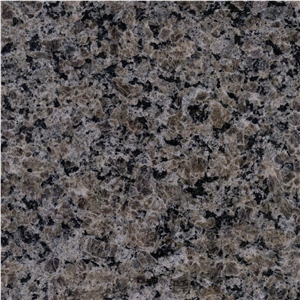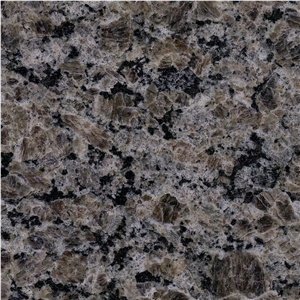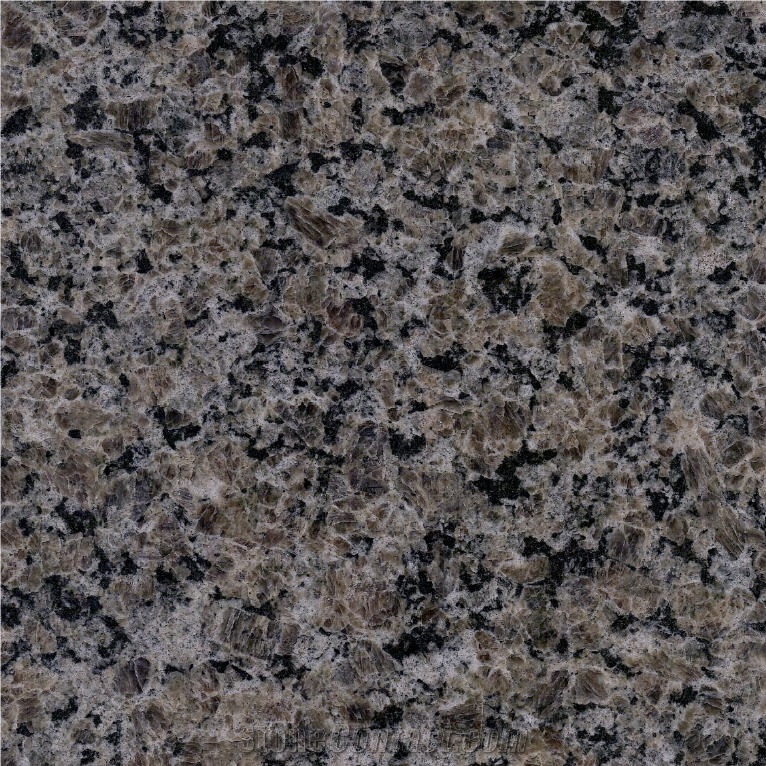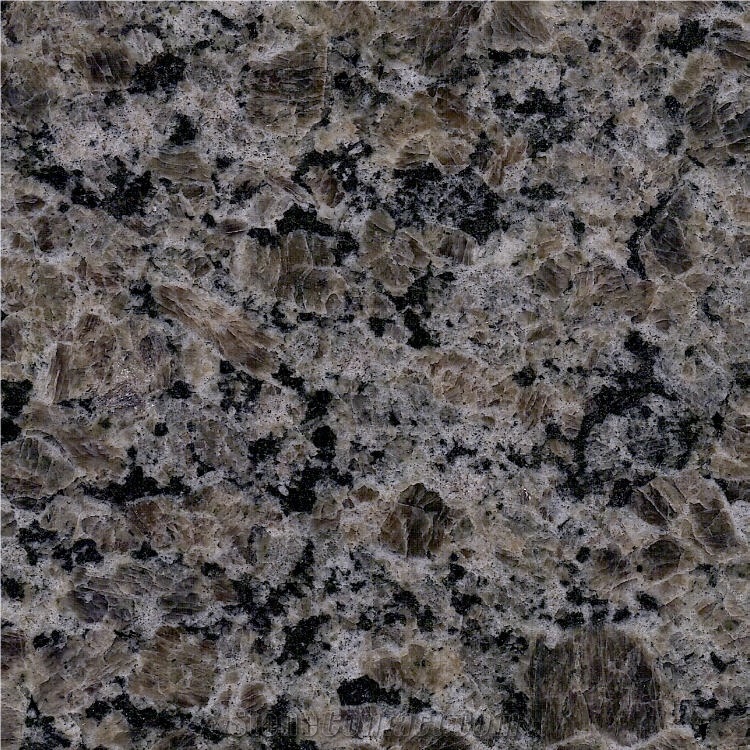Boston Brown Granite
 Brazil
Brazil
Boston Brown Granite is a kind of brown granite quarried in Brazil. This stone is especially good for Countertops, monuments, mosaic, exterior - interior wall and floor applications, fountains, pool and wall capping, stairs, window sills and other design projects. It also called Caledonia Brown Granite, New Caledonia Granite . Boston Brown Granite can be processed into Polished, Sawn Cut, Sanded, Rockfaced, Sandblasted, Tumbled and so on.

What are the pros and cons of a Boston Brown Granite columbarium?

Are there color variations of Brazil's Boston Brown Granite?

How thick is Brazil's Boston Brown Granite slabs?

How often do Boston Brown Granite countertops need to be sealed?

What are the different types of Boston Brown Granite columbarium?

How can I fill cracks in Boston Brown Granite kitchen countertops?

Does salt damage Boston Brown Granite kitchen countertop?

Can Boston Brown Granite be permanently sealed?

Can Brazil's Boston Brown Granite be used exterior applications in very dusty climates?

Should backsplash be lighter or darker than Boston Brown Granite countertop?

Can I put hot pans on Boston Brown Granite countertops?

How long ashes are kept in Boston Brown Granite columbarium?

How long do human ashes last in a Boston Brown Granite urn?

What is the best glue for cracked Boston Brown Granite?

Does Boston Brown Granite floors need sealing?

How to know if my Boston Brown Granite countertops were not properly sealed?

What is the coefficient of friction of Water Jet Cut Brazil's Boston Brown Granite tiles?

Is Brazil's Boston Brown Granite an expensive stone?

Can a cracked Boston Brown Granite countertop be repaired?

What is the difference between a Boston Brown Granite gravestone and a grave marker?

Does sealed Boston Brown Granite still absorb water?
Sealed granite countertops, including Boston Brown Granite, are designed to be less porous and more resistant to absorbing liquids compared to unsealed granite. Sealing granite helps to reduce the porosity of the stone and provide a protective layer against stains and water penetration. However, even sealed granite can still absorb some water if left in prolonged contact with liquid or if the sealant is old or has deteriorated over time. It is always recommended to clean up spills and moisture promptly to prevent any potential damage to the granite surface.

Should Boston Brown Granite countertops have a backsplash?

What is the difference between a Boston Brown Granite mausoleum and a columbarium?

Can Brazil's Boston Brown Granite be used in a bathroom?

Can Brazil's Boston Brown Granite be used in heavy use areas?

What is most popular edge for Boston Brown Granite countertop?

What grade is Brazil's Boston Brown Granite?

How much does a Boston Brown Granite grave marker weigh?

Can Brazil's Boston Brown Granite be used outdoors?

What happens to Boston Brown Granite if not sealed?
The request includes: 1. surface finished, size 2. quantity required











 Portugal
Portugal